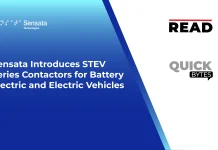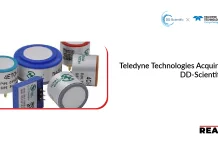Apogee Dynamics, a division of HPIL Holding, is pleased to announce that it has been selected as a Finalist by Mitsubishi Chemical Advanced Materials for its High-Temperature Carbon-Fiber 3D Printing Challenge from amongst many high-quality submissions from all over the world.
Apogee Dynamics submitted its design know as; Electric Propulsion: Electrodynamic Profile Ramping. The design showcases advanced, proprietary, 3D Printing capabilities utilizing Mitsubishi Chemical Advanced Materials’ KyronMax. The design is a sub-assembly of an Apogee power system being developed for use in the Apogee Powertrain, the Apogee D7 EV, the next generation MotoCzysz Electric Motorcycle, as well as other planned products.
“It is an exciting time to be able to announce that Apogee Dynamics has been selected as a Finalist by Mitsubishi Chemical Advanced Materials for its proprietary Electric Propulsion: Electrodynamic Profile Ramping design. Mitsubishi, as a well-known and world class manufacturer, does us great honor in recognizing the talent and vision within Apogee Dynamics, and its most excellent Robotics Division.” said, L. Ferrox Tutinean, President of Apogee Dynamics and CTO of HPIL
As a follower of HPIL and of Apogee Dynamics, please vote in favor of the Apogee’s Electric Propulsion: Electrodynamic Profile Ramping design and help us win in this world class competition.
High-Temperature Carbon-Fiber 3D Printing Challenge: Community Vote
Safe Harbor: This news release contains forward-looking statements within the meaning of the Private Securities Litigation Reform Act of 1995 (The “Act”). In particular, when used in the preceding discussion, the words “pleased,” “plan,” “confident that,” “believe,” “expect,” or “intend to,” and similar conditional expressions are intended to identify forward-looking statements within the meaning of the Act and are subject to the safe harbor created by the Act. Such statements are subject to certain risks and uncertainties and actual results could differ materially from those expressed in any of the forward-looking statements.




